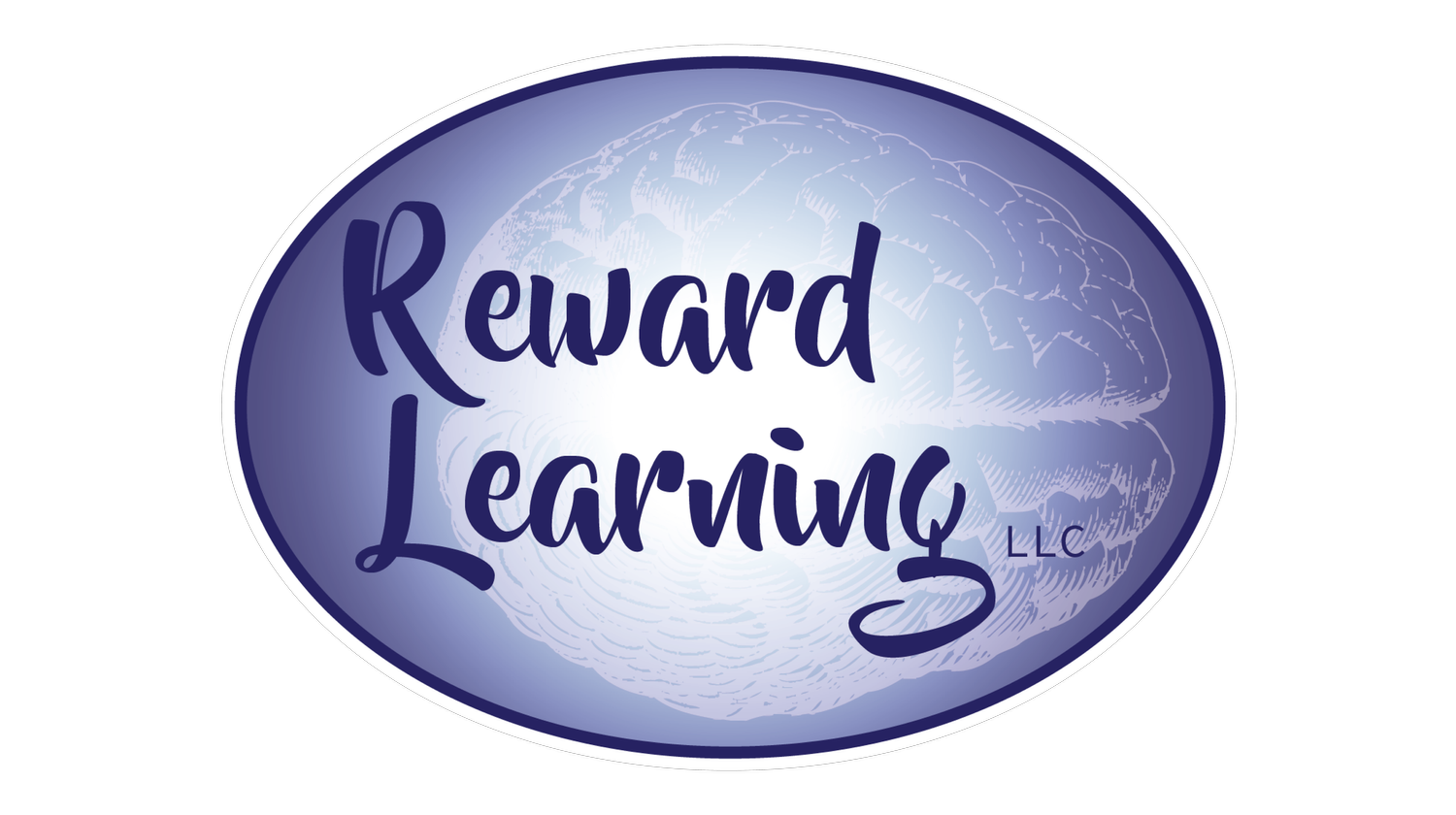In my practice, the safety and comfort of children and their families are paramount. Here are the measures I take to ensure a secure and transparent environment during child assessments:
Open Visibility
During a child's assessment, the office window curtains remain open. This allows therapists and clients passing by the office to see in, ensuring transparency and comfort for parents and children.
Nearby Professional Presence
My office is surrounded by several other therapists and counselors working in nearby offices. While each office is designed for confidentiality, this setup provides enough visibility to ensure a safe and comfortable environment for everyone.
Secure Access
The door to my office does not lock, ensuring easy access and openness. However, the door from the waiting room into the office area is locked to protect equipment and belongings. With around 15 or more offices of therapists/counselors within the area, there are almost always other trusted adults nearby.
Communication Accessibility
I keep my cell phone turned on during assessments in case the child’s parent needs to contact me. Additionally, there's a button in the waiting room for parents to alert me if they have a question or when they arrive. This system includes an additional light in my office, although a call or text might be noticed more quickly.
Parental Presence
Parents have the option to stay in the waiting room during the assessment. Some choose to stay, while others prefer to drop off their child and return later. Both options are acceptable, barring any health or behavioral considerations that might require a parent to be nearby.
Restroom Protocol
When a child needs to use the restroom, I text the parent. If the parent is in the waiting room, they can accompany their child. If the parent is not present, I walk the child to the restroom, wait outside, and then accompany them back to the office.
Open Communication
I encourage parents and children to voice any questions or anxieties they might have. Accommodations are made to ensure comfort for all involved, while maintaining the best practices necessary for valid assessment results.
I believe these practices should be standard in the profession, given the importance of child safety. I thank my clients for their trust and involvement as we work together to help their children find increased success and confidence in learning.
